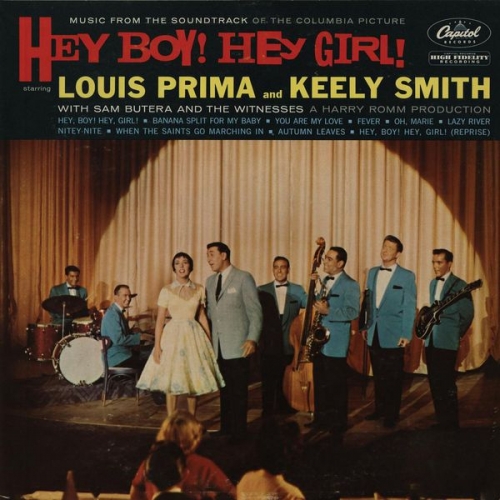Institute for Computer Music and Sound Technology - Les Espaces Électroacoustiques II (2020) [Hi-Res]
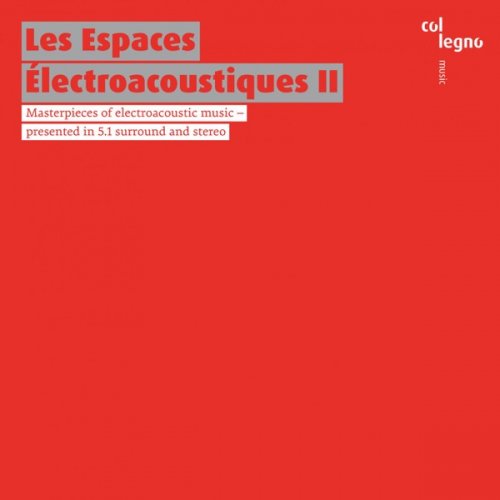
Artist: Institute for Computer Music, Sound Technology
Title: Les Espaces Électroacoustiques II
Year Of Release: 2020
Label: col legno
Genre: Classical, Avant-Garde, Electroacoustic
Quality: flac 24bits - 96.0kHz +Booklet
Total Time: 01:13:48
Total Size: 2 gb
WebSite: Album Preview
TracklistTitle: Les Espaces Électroacoustiques II
Year Of Release: 2020
Label: col legno
Genre: Classical, Avant-Garde, Electroacoustic
Quality: flac 24bits - 96.0kHz +Booklet
Total Time: 01:13:48
Total Size: 2 gb
WebSite: Album Preview
---------
CD1
01. Omaggio a Emilio Vedova (1960) (For 4-channel tape [Remastered])
02. La fabbrica illuminata (1964) (For female voice and 4-channel tape [Remastered])
03. A floresta é jovem e cheja de vida (1965-66) (For soprano, three actors' voices, Clarinet, plates and two tapes [Remastered])
04. Altra voce (1999) (For alto Flute, mezzo-soprano and live electronics [Remastered])
CD2
01. Klangfiguren II (1955-56) (4-Channel electronic composition [Remastered])
02. Kontakte (1958-60) (For electronic sounds, Piano and Percussion [Remastered])
03. Terminus X (1967) (2-Channel electronic composition [Remastered])
The idea of exploring important 20th century electro-acoustic compositions within their historically informed performance practices, and using this as the basis for the production of a new interpretation in 5.1 surround sound, has created quite a stir. It originated at the Institute for Computer Music and Sound Technology (ICST) at the Zurich University of the Arts, and found its expression in the double SACD Les Espaces Électroacoustiques I. — This album now brings us further milestones of electro-acoustic music in appropriate and informed renditions: from Luigi Nono’s first studio work, through the production of serial electronic sounds which Gottfried Michael Koenig carried out in the WDR studio in Cologne as early as 1955, to Karlheinz Stockhausen’s piece Contacts, an early example of successful dialogue between instruments and electronics, as well as Luciano Berio’s Altra Voce, a kind of echo of the “azione musicale” Cronaca del Luogo, which premiered at the Salzburg Festival in 1999.
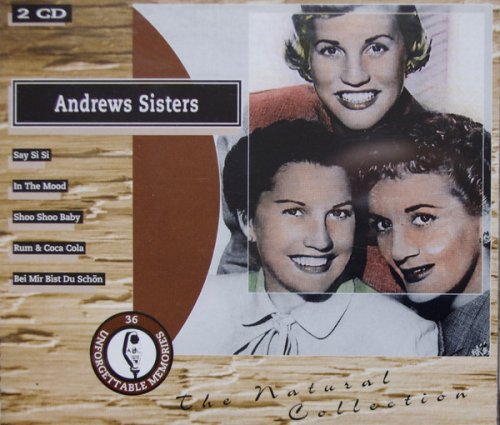
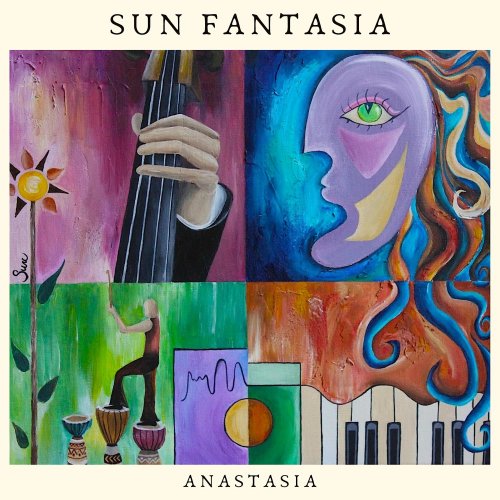
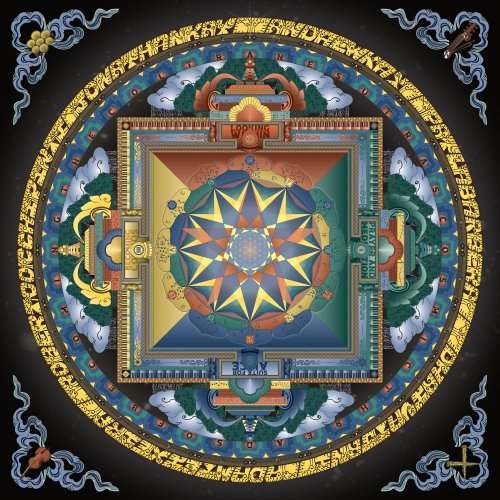
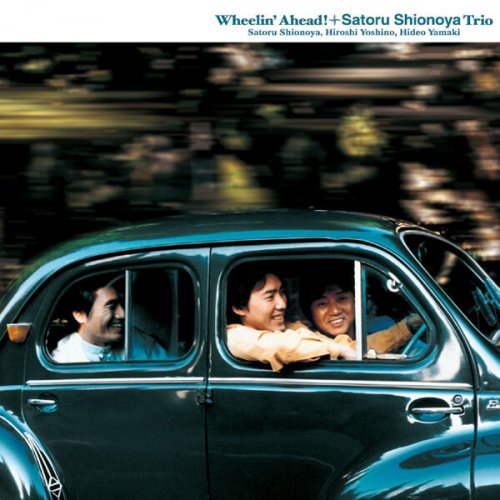
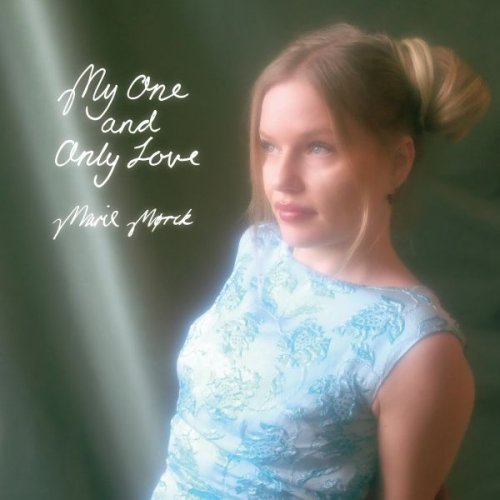

![Five Rivers - Five Rivers (2025) [Hi-Res] Five Rivers - Five Rivers (2025) [Hi-Res]](https://www.dibpic.com/uploads/posts/2025-11/1762070611_cover.jpg)
